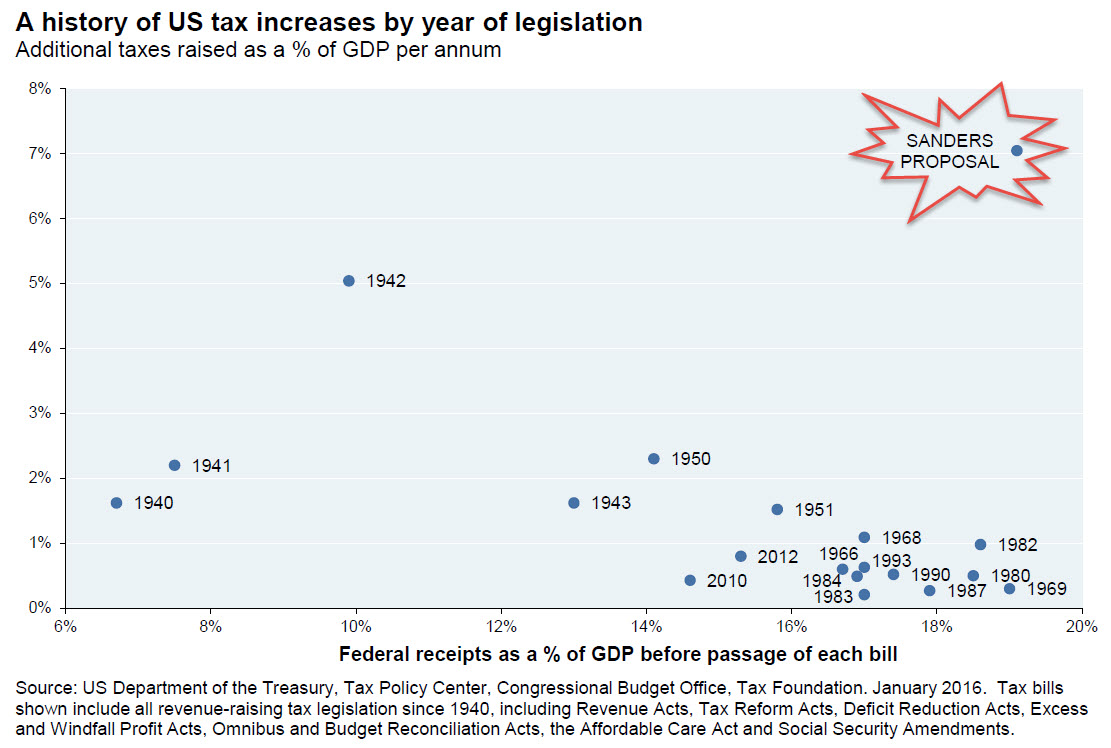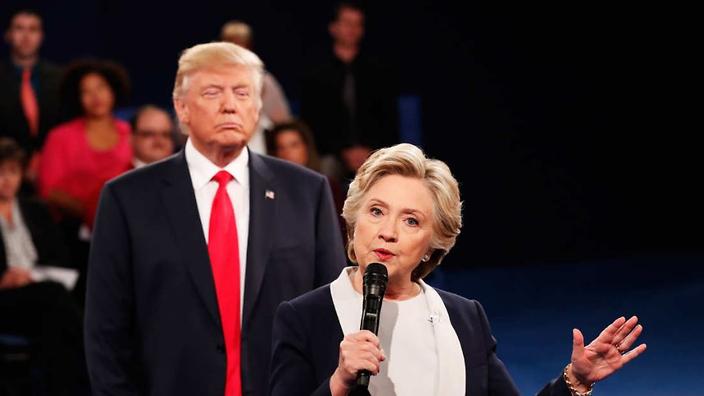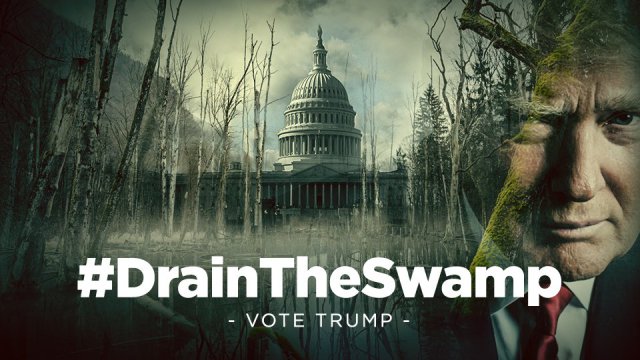Edited by un4x at 06:23 CST, 7 February 2016 - 169601 Hits

Scheduled Listings
Latest Threads
Latest Comments
- News 250FPS League Season 4 (15)
- News Quake Live Duel Tournament | April 2-5, 2026 | Switzerland (1)
- Movie Quake Live - It's Over (0)
- News Frazer "Fraze" Hockley has passed away (61)
- Movie The Contenders 3 (12)
Latest Forum Threads
Latest Journals
- It could have been great. But now it just is (dead). (11) by crea*
- we meat again (1168) by aggnog
- Awesome (20) by somebodyshootme
- Electronic old men (1) by somebodyshootme
- GETTING LASERED (41) by somebodyshootme
Hot Topics


 [img1]
[img1]

 Politics is about who has power over who and how society gets organized- not really about ethics.
Politics is about who has power over who and how society gets organized- not really about ethics.





